The Portuguese Mediterranean Diet, classified as World Heritage by UNESCO, is part of the identity of Portuguese gastronomy.
The basis of the Portuguese Mediterranean Diet is plants, including vegetables, fruit, good quality bread, and largely unprocessed cereals, dried and fresh legumes (beans, chickpeas, broad beans, etc.), dried fruits and nuts (walnuts, almonds, chestnuts, raisins, etc.), but also olive oil as the main source of fat, and fish at the expense of red meat.
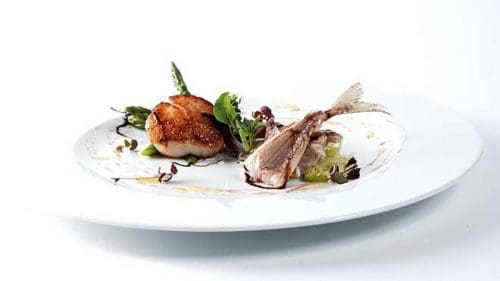
All of these foods, are consumed in season – and buy in local shops, if not in traditional markets, following the rhythm of the harvest and the working of the fields – are part of a simple and frugal cuisine that prepares them in such a way as to preserve their nutrients.
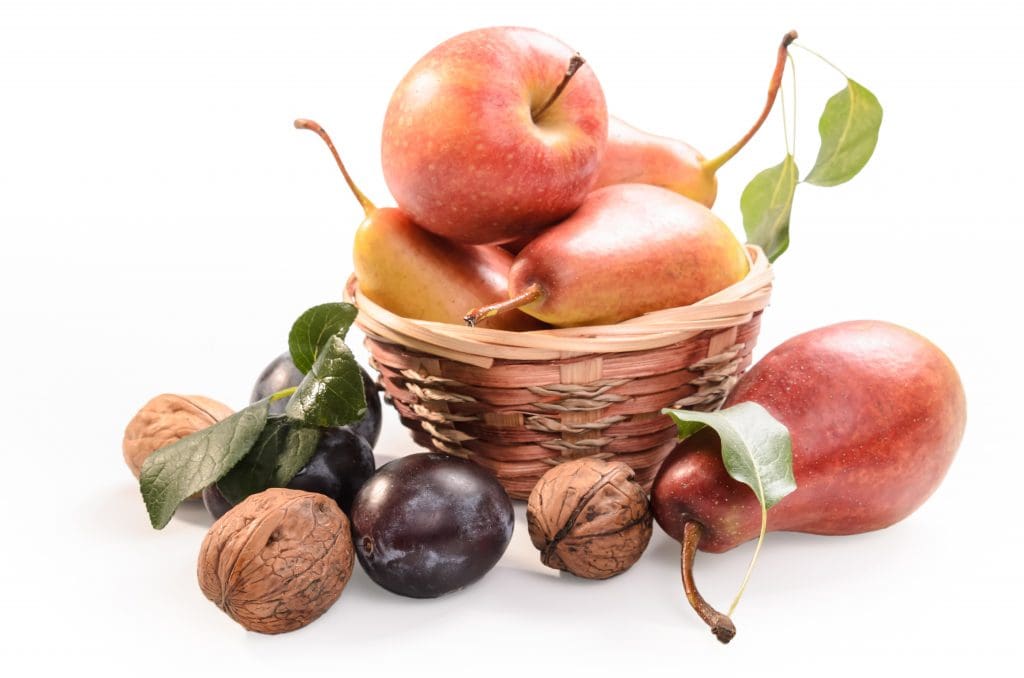
So Portugal has soups, stews, casseroles and chowders, which retain the antioxidant properties of the ingredients, contributing to a longer life for those who eat them.
The Mediterranean diet is further distinguished by the moderate consumption of dairy products, the use of herbs for seasoning instead of salt, the moderate consumption of wine and only with meals, the consumption of water as the main drink during the day and, not least, the companionship around the table.
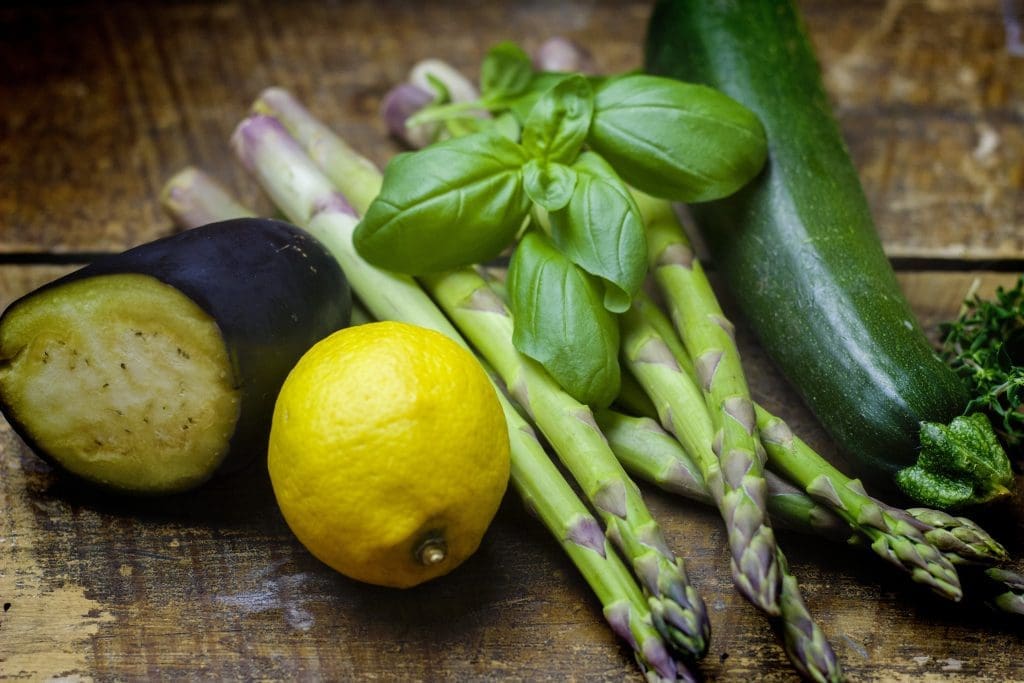
Indeed, a well-established characteristic of the Portuguese is to share meals, a ritual that brings together family and friends and is a mark of our hospitality.
All the values of the Mediterranean diet are found in Portuguese cuisine: the diversity of products from the land and sea, whether originating from Portugal or brought from overseas in the Age of the Discoveries, but also the gathering and transmission of know-how, and the celebration between cultures and generations – all part of Portuguese cuisine history.
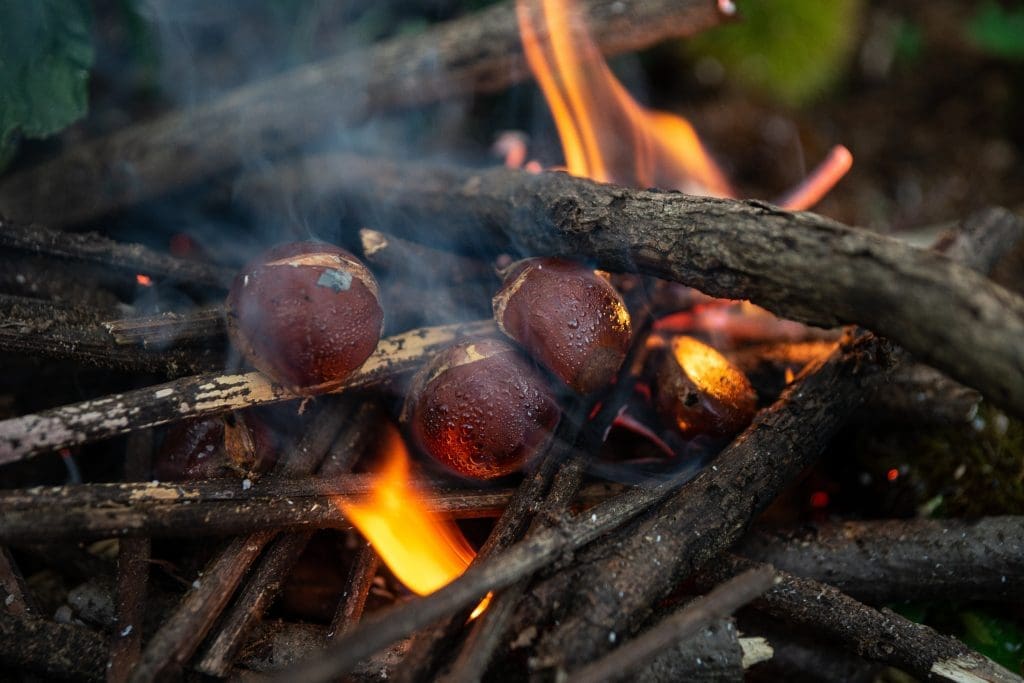
The climate, the landscapes, the cultures that have converged and been assimilated into the country, the lifestyle make a country with as extensive an Atlantic coastline as Portugal a true homeland for the Mediterranean diet.
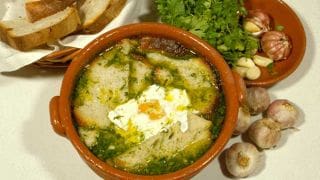
Don’t miss
- Try the vegetable soups like caldo verde (cabbage) from the north of Portugal, or cold gazpacho soup that is eaten in the summer in the South
- Realise that the best fish in the world is Portuguese, eating it simply grilled on a terrace by the sea
- Delight in the tasty Alentejo bread-based recipes abounding in herbs such as pennyroyal, coriander and many others
- Taste a cataplana dish, very common in the Algarve and integral to Portuguese cooking
- Try the roasted chestnuts from street vendors during the winter
Read More: Latest



